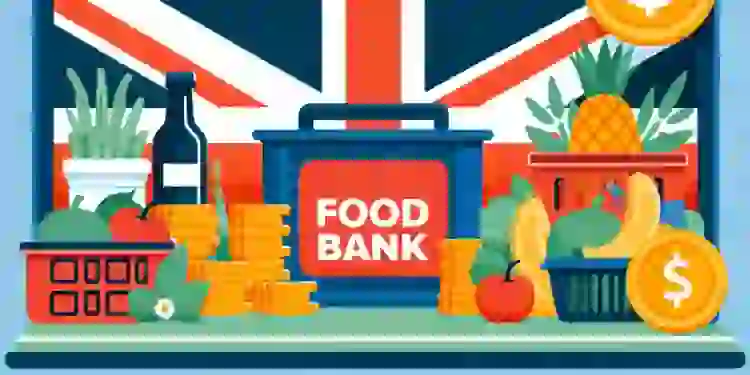
Find Help
More Items From Ergsy search
-

Rise in Food Bank Usage Amid Economic Challenges
Relevance: 100%
-
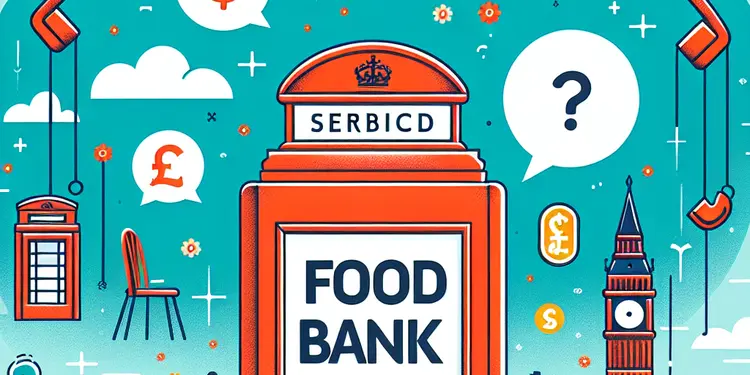
What is a food bank?
Relevance: 67%
-
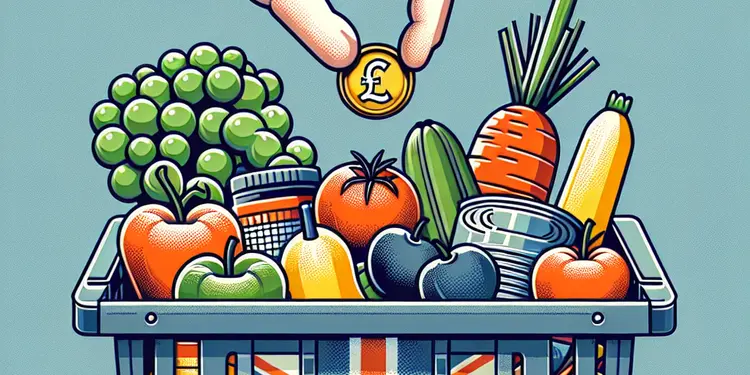
How do food banks get their food?
Relevance: 66%
-
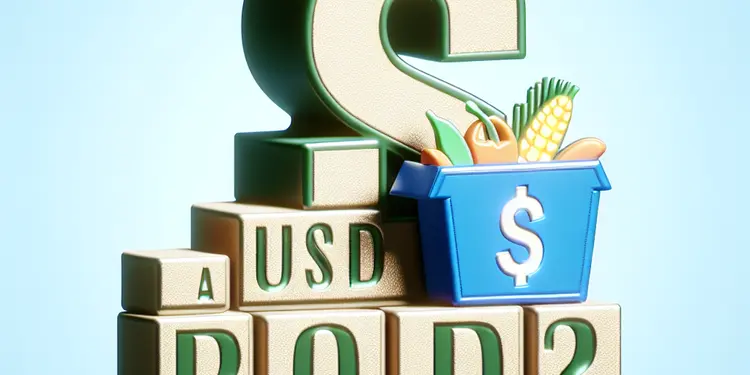
Can anyone use a food bank?
Relevance: 64%
-

The Rise of Community Food Banks: Combating Hunger Locally
Relevance: 63%
-
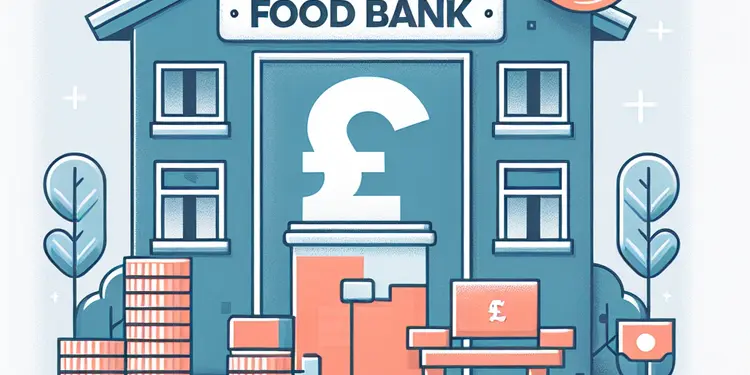
Is there a cost to receive food from a food bank?
Relevance: 63%
-
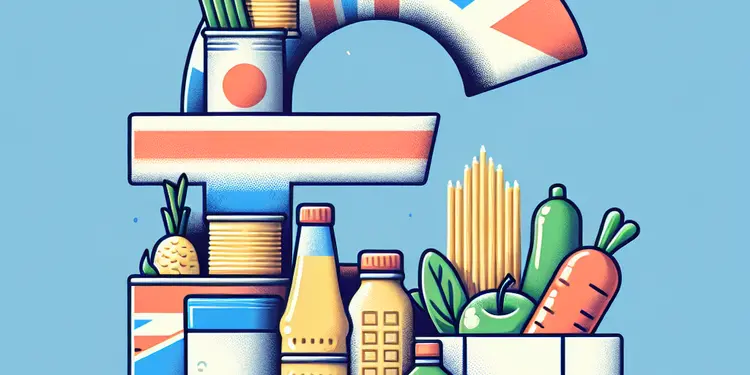
What types of food are typically available at a food bank?
Relevance: 61%
-
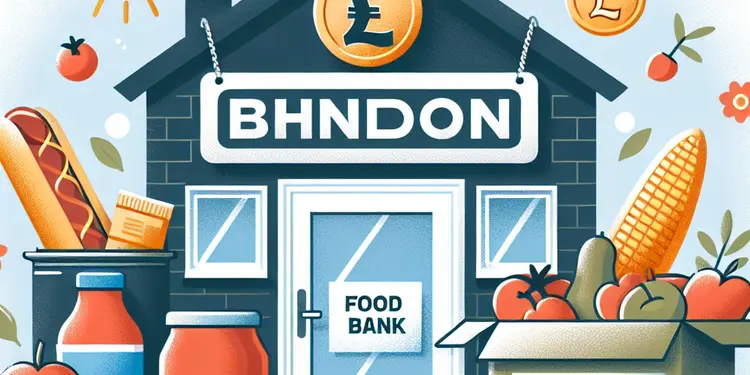
Are food banks open on weekends?
Relevance: 60%
-
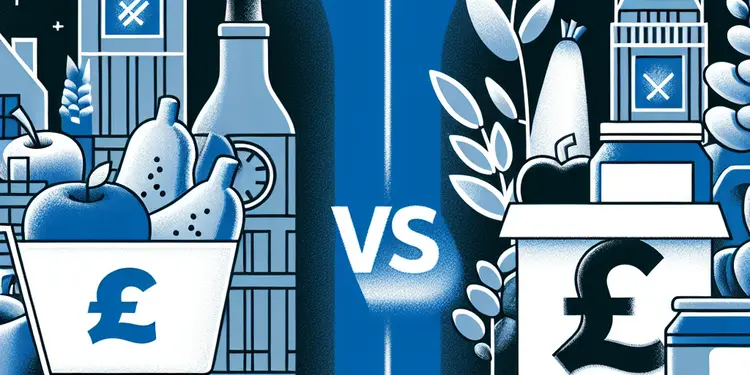
What is the difference between a food bank and a food pantry?
Relevance: 57%
-
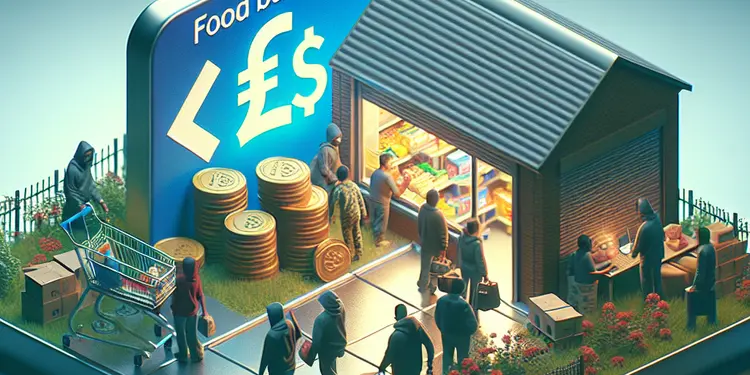
Can refugees or immigrants access food banks?
Relevance: 57%
-
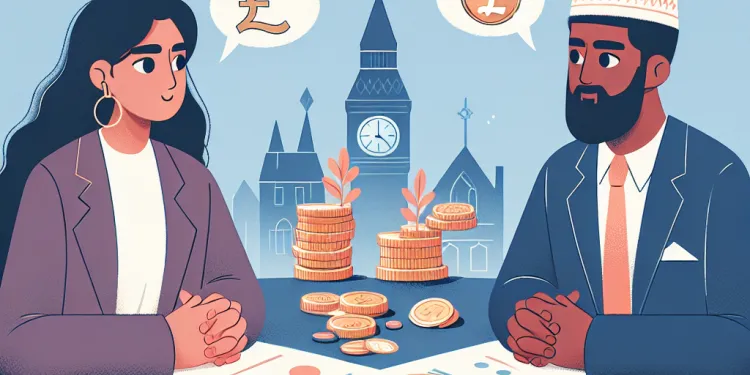
Navigating Post-Divorce Finances Amidst Economic Challenges
Relevance: 56%
-
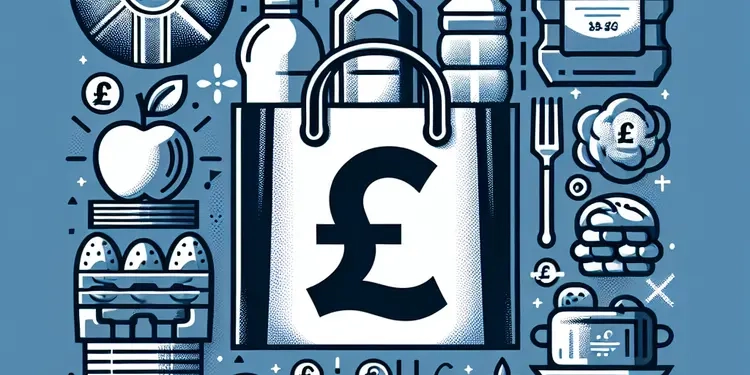
How can I access food banks?
Relevance: 56%
-
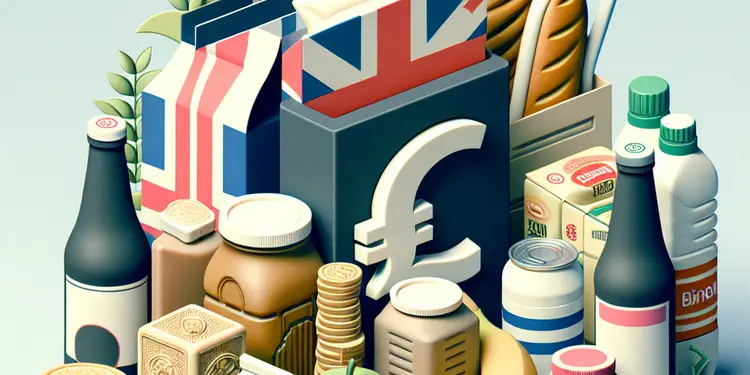
Is there a limit on how much food I can take from a food bank?
Relevance: 56%
-

What if there is no food bank near me?
Relevance: 56%
-
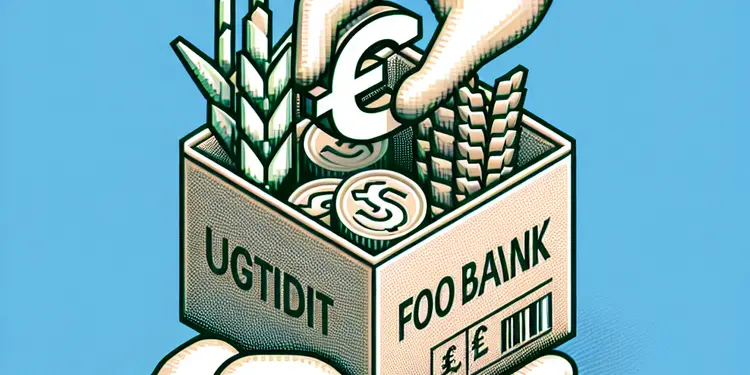
What if I can't physically visit a food bank?
Relevance: 55%
-
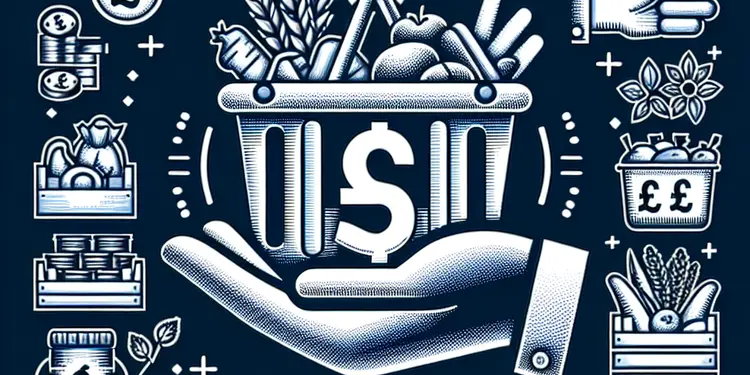
How can I support my local food bank?
Relevance: 54%
-
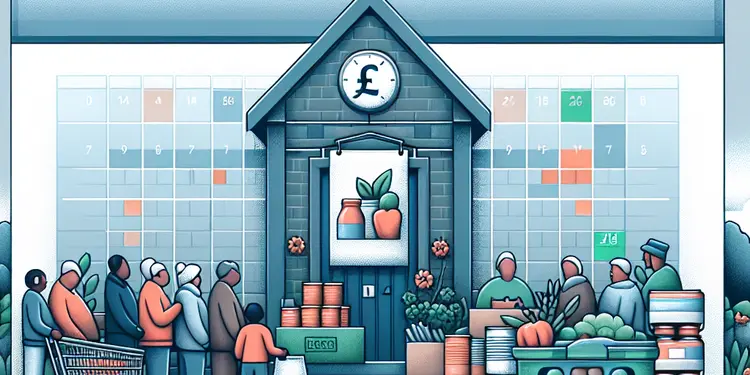
How often can I visit a food bank?
Relevance: 54%
-
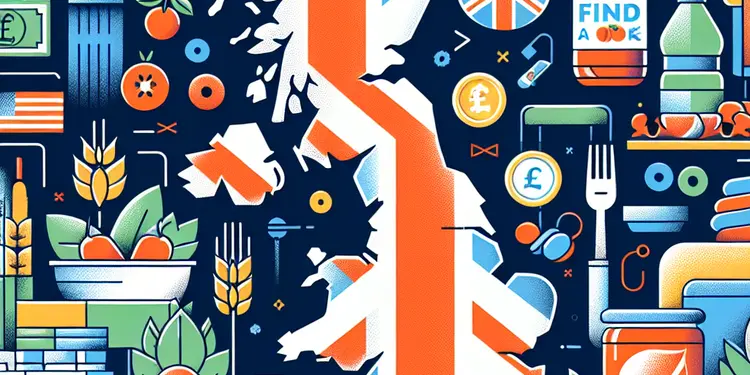
How can I find a food bank near me?
Relevance: 53%
-
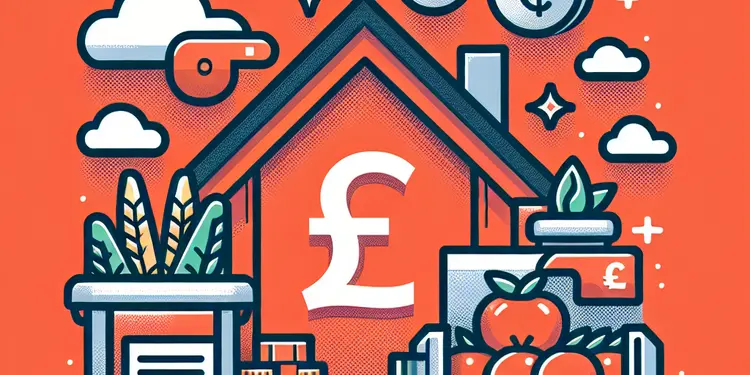
What information do I need to access a food bank?
Relevance: 53%
-
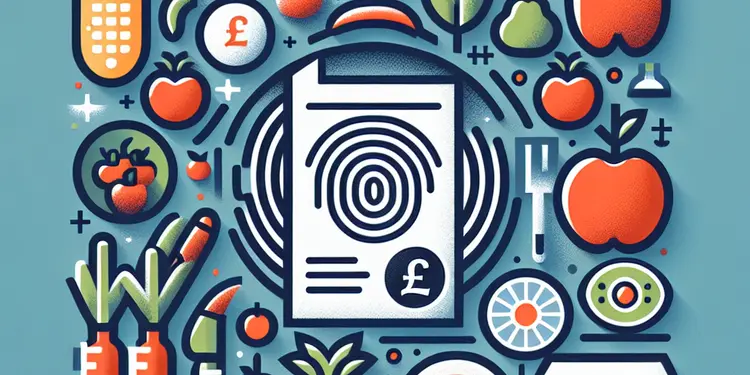
Do I have to provide personal information to access a food bank?
Relevance: 52%
-
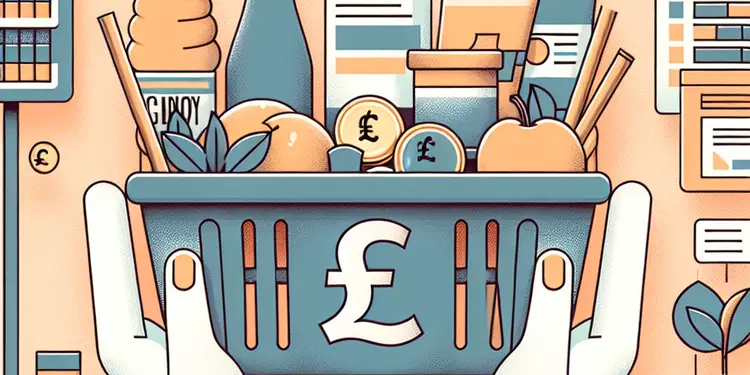
What should I bring with me when visiting a food bank?
Relevance: 51%
-
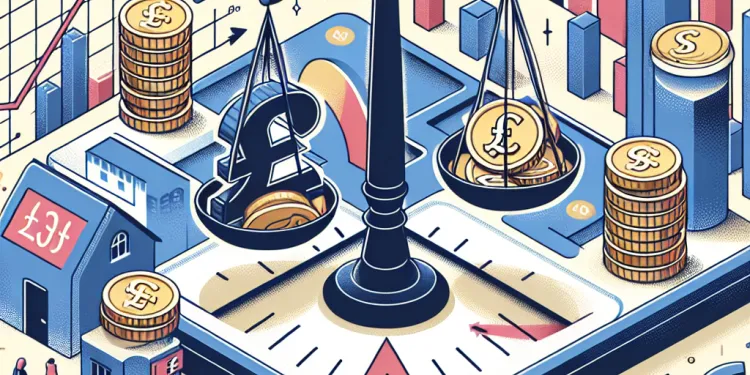
How do economic conditions influence interest rate changes?
Relevance: 47%
-
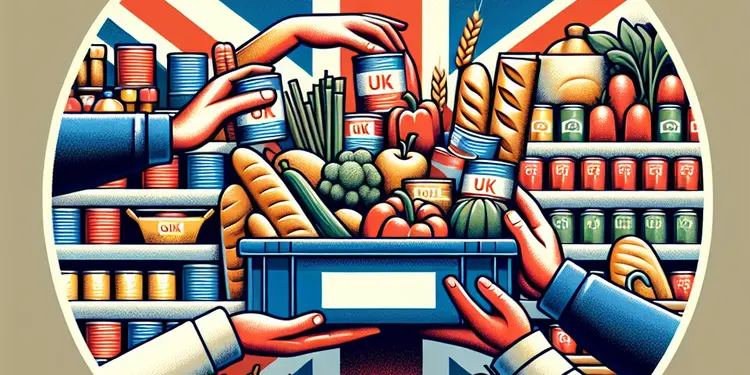
Can I volunteer at a food bank?
Relevance: 45%
-

Charities Warn of Food Insecurity Amidst Rising Cost of Living
Relevance: 42%
-

Can a wealth tax impact economic behavior?
Relevance: 42%
-

Submitted Addressing Social Inequalities: Initiatives and Challenges in the UK
Relevance: 41%
-
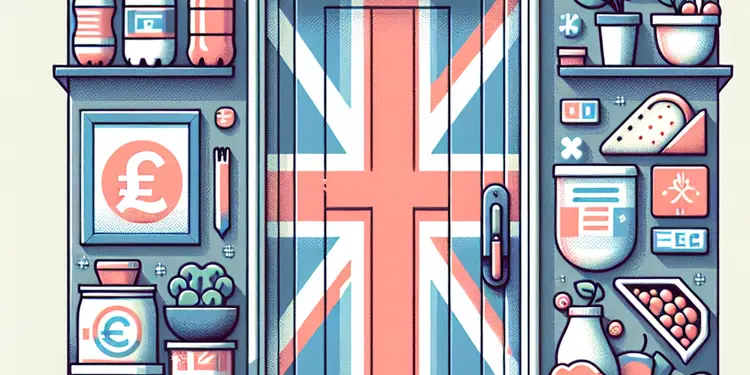
Do I need to make an appointment to visit a food bank?
Relevance: 40%
-
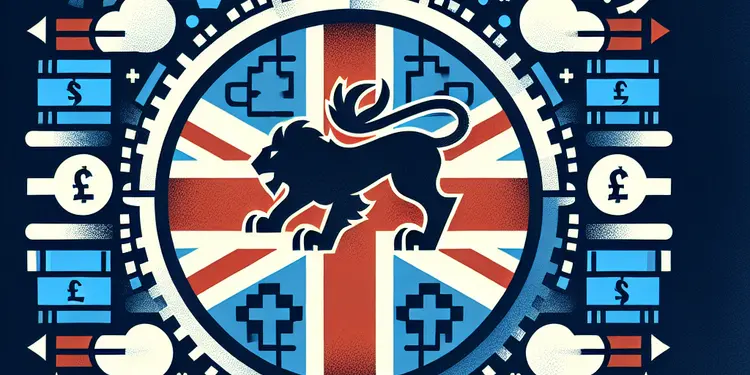
What constitutes economic abuse under the Domestic Abuse Act 2021?
Relevance: 40%
-

Could a wealth tax affect economic growth in the UK?
Relevance: 39%
-
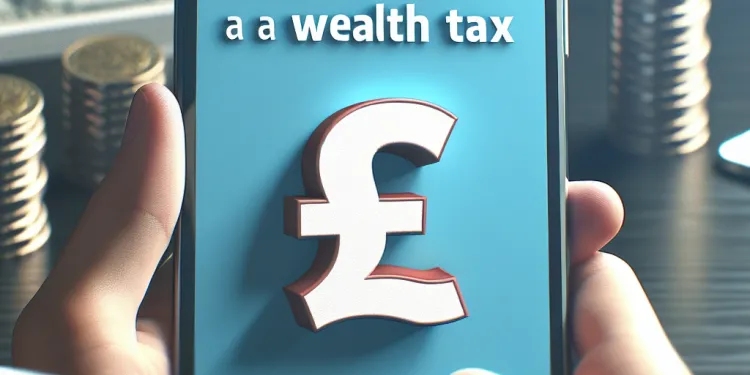
What are the challenges of implementing a wealth tax?
Relevance: 37%
-
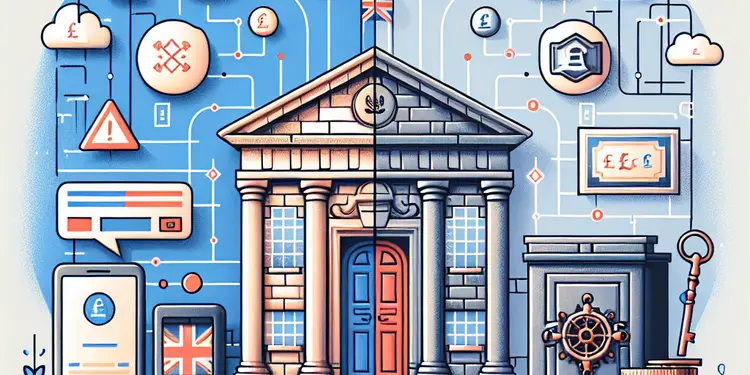
Are online banks cheaper than traditional banks?
Relevance: 34%
-
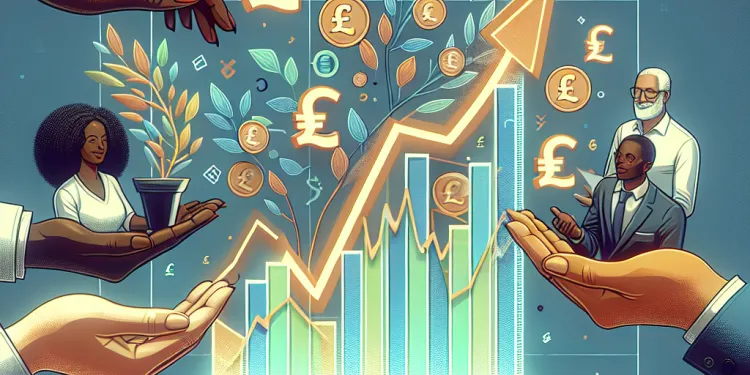
Major Banks Announce Changes in Interest Rates: Are You Affected?
Relevance: 34%
-
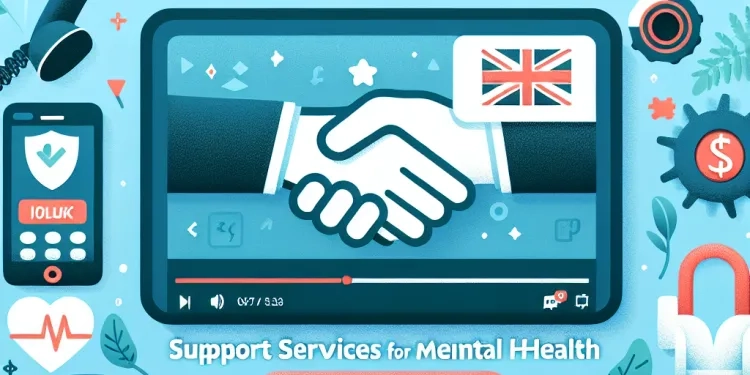
Support Services for Mental Health Amid Economic Uncertainty
Relevance: 34%
-
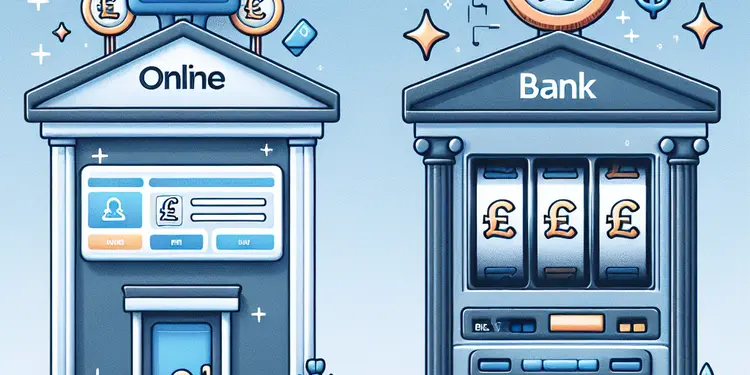
Are online banks cheaper than traditional banks?
Relevance: 33%
-

Why is it challenging to fix water leaks in the UK?
Relevance: 33%
-
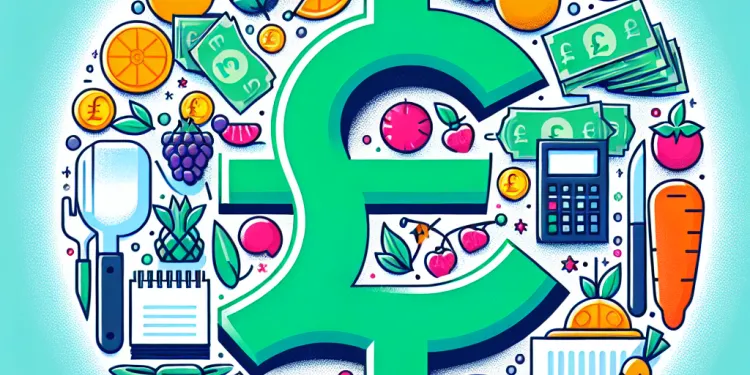
Are there any initiatives to reduce food waste in schools?
Relevance: 32%
-
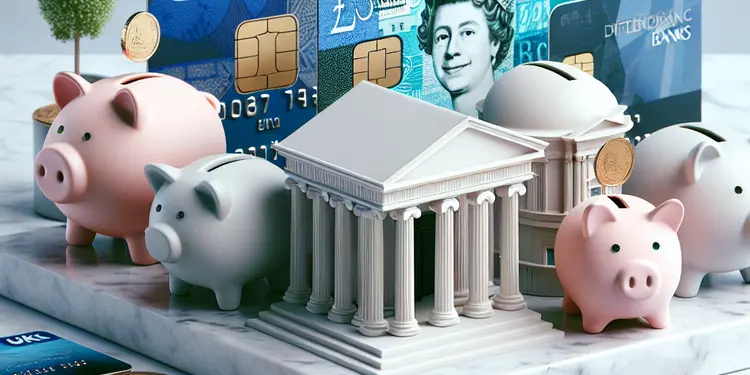
Are there benefits to having multiple bank accounts at different banks?
Relevance: 32%
-
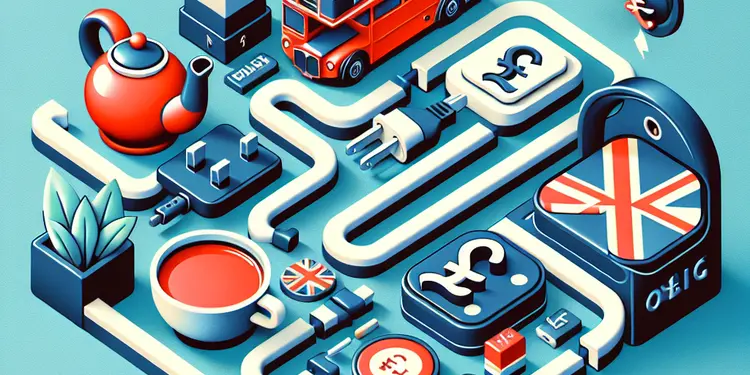
What challenges have been encountered with the social media ban?
Relevance: 32%
-

Are there benefits to having multiple bank accounts at different banks?
Relevance: 32%
-
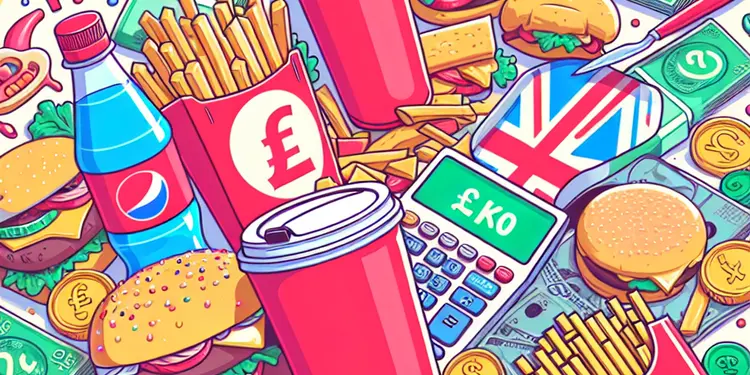
Is all fast food considered junk food?
Relevance: 32%
Rise in Food Bank Usage Amid Economic Challenges
Economic Strain Leading to Increased Reliance on Food Banks
The United Kingdom has seen a noticeable surge in food bank usage as families and individuals grapple with escalating economic challenges. The COVID-19 pandemic, coupled with inflation and rising living costs, has exacerbated financial pressures on households. For many, food banks have become a vital resource for ensuring that they can secure basic necessities amid these trying times.
Statistics Highlighting the Growing Dependence
Recent statistics suggest a sharp increase in the number of people accessing food banks. Data from The Trussell Trust, the UK’s largest food bank network, indicates that between April 2021 and March 2022, food banks in their network distributed a record number of emergency food parcels. This period witnessed a 14% rise in comparison to the previous year, reflecting the relentless economic difficulties faced by many across the nation.
Inflation and Unemployment as Contributing Factors
Several factors have contributed to the rise in food bank usage across the UK. Notably, inflation has significantly escalated the cost of living, placing an additional burden on households. Concurrently, unemployment rates have fluctuated due to pandemic-related disruptions, leading to an increase in job insecurity. The result has been a greater number of families turning to food banks for assistance in bridging the gap during periods of financial instability.
Government Interventions and Public Support
In response to the crisis, various government interventions have been implemented to tackle food insecurity. Initiatives such as the extension of the Universal Credit uplift during the early stages of the pandemic provided temporary relief to many struggling households. Moreover, the public has shown commendable support by donating to food banks and participating in volunteer activities to help those in need. Despite these efforts, the continued rise in demand underscores the necessity for ongoing support and sustainable solutions to combat food insecurity.
The Road Ahead: Addressing Long-Term Solutions
Looking forward, it is essential for policymakers and community leaders to focus on long-term solutions to reduce reliance on food banks. This involves addressing root causes such as affordable housing, steady employment opportunities, and accessible childcare. Bridging income gaps and creating a resilient social safety net are fundamental to easing the economic pressures that drive food bank usage. As the UK navigates through these economic challenges, a coordinated effort from all sectors of society will be pivotal in ensuring food security for every citizen.
More People Need Food Banks
Why More People Use Food Banks Now
In the UK, many more people are using food banks. This is because money is tight for lots of families. The COVID-19 pandemic made things harder. Prices are going up, and it's getting expensive to live. Food banks help people get the food they need when times are tough.
Numbers Show More People Need Food Banks
Recently, more people have started using food banks. The Trussell Trust, which runs many food banks, shared some numbers. From April 2021 to March 2022, they gave out the most food parcels ever. There was a 14% increase from the year before. This shows many people are having a hard time with money.
Inflation and Job Problems Make It Worse
There are a few reasons why more people need food banks. Prices for things are going up, and this makes it hard for families. Also, some people lost their jobs or are scared they might. That's because of the changes from the pandemic. Because of these problems, more families need help from food banks.
What the Government and People Are Doing
The government is trying to help with food problems. They increased Universal Credit when the pandemic started, which helped for a short time. People also help by donating food and their time to food banks. Even with this help, more people still need food banks, so more work is needed to fix the bigger problems.
How to Help in the Future
To help families need less food bank support, leaders need to make long-term plans. This includes making sure there are affordable homes, good jobs, and childcare for families. It’s important to make sure everyone has enough money to live. Working together, we can help make sure everyone has enough food now and in the future.
Frequently Asked Questions
What is the main reason for the rise in food bank usage in the UK?
The main reason for the rise in food bank usage in the UK is the economic challenges faced by many families, including unemployment, rising living costs, and cuts to welfare benefits.
Who is most affected by the need to use food banks?
Families with children, single parents, low-income households, and individuals with disabilities are among the most affected groups requiring assistance from food banks.
How do food banks operate in the UK?
Food banks in the UK typically operate on a referral basis, where individuals in need are directed to a food bank by a professional such as a GP, social worker, or advice agency. They provide emergency food parcels to those facing a financial crisis.
What types of food are usually provided by food banks?
Food banks usually provide non-perishable items such as canned goods, pasta, rice, tea, coffee, cereals, and some fresh items when available. They aim to provide balanced nutrition.
Can anyone donate to a food bank?
Yes, anyone can donate to a food bank. Donations can include food items, financial contributions, or volunteering time.
How has the COVID-19 pandemic impacted food bank usage?
The COVID-19 pandemic has significantly increased food bank usage due to job losses, reduced income, and increased economic uncertainty.
What is the role of the Trussell Trust in food banking?
The Trussell Trust is a major charity in the UK that supports a network of food banks across the country. They provide resources, support, and advocacy to help combat hunger and poverty.
Are food banks only located in big cities?
No, food banks can be found in both urban and rural areas across the UK. They aim to serve communities wherever there is a need.
What should I do if I need to access a food bank?
If you need to access a food bank, it is recommended to contact a referral agency such as a local Citizens Advice Bureau, GP, or social services. They can assess your situation and provide a referral.
How can I get involved in supporting my local food bank?
You can support your local food bank by donating food items, providing financial support, volunteering your time, and raising awareness of their services in your community.
Are there specific times of the year when food bank usage increases?
Yes, food bank usage often increases during the winter months and around the Christmas period due to higher heating costs and seasonal financial pressures.
Do food banks offer any other services besides food distribution?
Yes, many food banks also offer additional support services such as advice on budgeting, benefits guidance, and referrals to other organisations for further assistance.
How are food banks funded?
Food banks are typically funded through a combination of public donations, grants from charitable organisations, and support from local businesses and community groups.
Is there a stigma associated with using food banks?
While there can be a stigma associated with using food banks, many organisations and communities are working to reduce this by promoting understanding and support for those in need.
What long-term solutions are being proposed to reduce the need for food banks?
Long-term solutions being proposed include addressing the root causes of poverty, such as improving access to good-paying jobs, increasing affordable housing, and ensuring a robust safety net through welfare support and social services.
Why are more people in the UK using food banks?
Many people need help getting food.
This is often because they do not have enough money to buy all the food they need.
Some helpful things you can use are:
- Ask someone you trust for help.
- Use pictures or videos to learn more.
- Visit a local community center for advice.
More people in the UK are using food banks because many families have money problems. These problems happen because some people don't have jobs, prices are going up, and the government is giving less help with money.
Here are some tips to help understand better: - **Use pictures**: Look for pictures that match the words to help you understand the ideas. - **Read out loud**: Listening to the words can make them easier to understand. - **Ask for help**: If you're stuck, it's okay to ask someone to explain the words.Who needs to use food banks the most?
Food banks help people who do not have enough money to buy food. Some people need more help than others. People who might need food banks the most are:
- Families who don’t have enough money
- People who can’t find a job
- People who are sick or can’t work
- Older people living alone
If reading is hard, try these tips:
- Ask someone to read with you
- Use pictures to help understand words
- Take your time and read slowly
Families with children, single parents, people who don’t make much money, and people with disabilities are the ones who need food banks the most.
How do food banks work in the UK?
Food banks help people who don't have enough to eat. This is how they work in the UK:
- People give food to the food bank through donations. This food comes from shops or people.
- Volunteers work at the food bank. They sort and pack the food.
- People who need food get a voucher or referral from a helper, like a social worker or doctor.
- With the voucher, people can go to the food bank and get a food parcel. This has food to last them a few days.
Tools to help:
- Use pictures or icons to understand how food banks work.
- Ask someone to explain if you don't understand.
Food banks in the UK help people get food when they don't have enough money. To get help from a food bank, a doctor, social worker, or another helper must first tell them you need food. They give food packs to people who need it quickly.
What food do food banks usually give?
Food banks give food to help people who need it. Here are some types of food they often have:
- Cans: Foods like beans, soup, and vegetables in cans.
- Pasta and Rice: Easy to cook and fills you up.
- Cereal: Breakfast foods that are quick to eat.
- Snacks: Like crackers and cookies.
- Drinks: Things like juice boxes and milk.
If you want to know more, you can ask someone you trust or visit your local food bank. They can help you learn what food they have and how to get it.
Food banks give out food that doesn't go bad quickly. This includes things like canned food, pasta, rice, tea, coffee, and cereals. Sometimes they also have fresh food. They want to make sure people eat healthy.
Who can give food to a food bank?
Anyone can help a food bank. You can give food or other things they need.
Ask the food bank what they need. You can also help by giving money.
Use clear pictures or ask someone to help if you are not sure what to give.
Yes, anyone can help a food bank. You can give food, money, or spend time helping out.
How has the COVID-19 pandemic changed how many people use food banks?
The COVID-19 pandemic has caused many changes in the world. One big change is that more people are using food banks.
Food banks are places where people can get free food if they don't have enough money to buy it.
Here are some things that have happened during the pandemic:
- More people lost their jobs and did not have money to buy food.
- Many people had to stay home, and it was hard to get food from stores.
If you need help with reading or understanding, here are some ideas:
- Ask someone you trust to explain it to you.
- Use a reading app that reads out loud to you.
The COVID-19 virus has made more people use food banks. This is because some people lost their jobs, have less money, or are worried about money.
What does the Trussell Trust do in food banks?
The Trussell Trust is a big charity in the UK. They help run food banks all over the country. Food banks give food to people who need it. The Trussell Trust helps by giving resources and support. They also work to stop hunger and help people who are poor.
Helpful tip: If it is hard to read, using a tool like a "read aloud" app can help because it reads the words out loud.
Can you find food banks just in big cities?
No, food banks are in cities and in the countryside all over the UK. They help people anywhere there is a need.
What do I do if I need food from a food bank?
If you need food, you can go to a food bank. A food bank is a place where people can get free food if they need help.
Here are some steps you can follow:
- Find a food bank near you. You can use the internet or ask someone for help to find one.
- Check the food bank's opening times. Food banks have specific days and times when they are open.
- Call the food bank if you have questions. You can ask what you need to bring, like an ID or proof of address.
- Go to the food bank at the right time and get your food.
If reading is hard, you can ask someone to help you or use tools that read out loud. Listen carefully and do not be afraid to ask questions.
If you need food from a food bank, you should talk to someone who can help. You can go to a local Citizens Advice office, see your doctor (GP), or talk to social services. They will listen to your problems and help you get a ticket to the food bank.
How can I help my local food bank?
Do you want to help your local food bank? Here are some easy ways:
- Give Food: You can give food like cans and packets. Check what foods they need.
- Give Money: You can give a little money to help them buy food.
- Help Out: You can help by packing or handing out food.
- Tell People: Share about the food bank with friends and family.
Use tools like big letters or pictures to help you understand more. You can ask someone you trust to explain things to you.
You can help your nearby food bank in these ways:
- Give food: Share some food with them.
- Give money: Donate money to help them buy what they need.
- Help out: Spend some time there to help them.
- Tell others: Let people know about the food bank so more can help.
Do people use food banks more at certain times of the year?
Some times of the year, more people need help from food banks. This can be during the winter or around holidays.
Using food banks can help when money is tight. Food banks give free food to people who need it.
Remember, it is okay to ask for help. If reading is hard, someone can read with you or use voice apps that read out loud.
Yes, more people use food banks in winter and at Christmas time. This is because it costs more to heat their homes and they have less money.
Do food banks help with other things besides giving food?
Food banks help people by giving them food. But they can also help in other ways. Here are some things they might do:
- Help you find a job.
- Teach you how to cook.
- Give you advice if you are having a hard time.
If you need help, you can ask a food bank what services they offer. You can also bring a friend or family member to help you. Using pictures or symbols can make it easier to understand.
Yes, lots of food banks give extra help too. They can show you how to manage your money, help you with benefits, and tell you about other places that can help.
Some tools and techniques that can help you understand better are:
- Using pictures or drawings to show ideas.
- Listening to someone read the text aloud.
- Talking about it with someone to understand more.
Where do food banks get money?
Food banks get money in different ways. People give money and food. Charities, businesses, and community groups also help. They give money or things food banks need.
Do people feel embarrassed about going to food banks?
Some people feel embarrassed or ashamed to use food banks. They might worry about what others think. It is important to know that food banks are there to help everyone who needs them. You are not alone, and many people use food banks when they need help.
If you feel worried, you can talk to someone you trust about it. You can also find support groups or talk to someone at the food bank. Remember, asking for help is okay.
Some people feel embarrassed about using food banks. But many groups and communities are trying to help. They want people to understand that it’s okay to ask for help when you need it.
What ideas are there to help people need food banks less in the future?
To help with poverty, some people have ideas for long-term fixes. These include:
- Helping people find good jobs that pay well.
- Making sure there are enough affordable homes for everyone.
- Providing support like welfare and social services to help when needed.
Useful Links
This website offers general information and is not a substitute for professional advice.
Always seek guidance from qualified professionals.
If you have any medical concerns or need urgent help, contact a healthcare professional or emergency services immediately.
Some of this content was generated with AI assistance. We’ve done our best to keep it accurate, helpful, and human-friendly.
- Ergsy carfully checks the information in the videos we provide here.
- Videos shown by Youtube after a video has completed, have NOT been reviewed by ERGSY.
- To view, click the arrow in centre of video.
- Most of the videos you find here will have subtitles and/or closed captions available.
- You may need to turn these on, and choose your preferred language.
- Go to the video you'd like to watch.
- If closed captions (CC) are available, settings will be visible on the bottom right of the video player.
- To turn on Captions, click settings .
- To turn off Captions, click settings again.
More Items From Ergsy search
-

Rise in Food Bank Usage Amid Economic Challenges
Relevance: 100%
-

What is a food bank?
Relevance: 67%
-

How do food banks get their food?
Relevance: 66%
-

Can anyone use a food bank?
Relevance: 64%
-

The Rise of Community Food Banks: Combating Hunger Locally
Relevance: 63%
-

Is there a cost to receive food from a food bank?
Relevance: 63%
-

What types of food are typically available at a food bank?
Relevance: 61%
-

Are food banks open on weekends?
Relevance: 60%
-

What is the difference between a food bank and a food pantry?
Relevance: 57%
-

Can refugees or immigrants access food banks?
Relevance: 57%
-

Navigating Post-Divorce Finances Amidst Economic Challenges
Relevance: 56%
-

How can I access food banks?
Relevance: 56%
-

Is there a limit on how much food I can take from a food bank?
Relevance: 56%
-

What if there is no food bank near me?
Relevance: 56%
-

What if I can't physically visit a food bank?
Relevance: 55%
-

How can I support my local food bank?
Relevance: 54%
-

How often can I visit a food bank?
Relevance: 54%
-

How can I find a food bank near me?
Relevance: 53%
-

What information do I need to access a food bank?
Relevance: 53%
-

Do I have to provide personal information to access a food bank?
Relevance: 52%
-

What should I bring with me when visiting a food bank?
Relevance: 51%
-

How do economic conditions influence interest rate changes?
Relevance: 47%
-

Can I volunteer at a food bank?
Relevance: 45%
-

Charities Warn of Food Insecurity Amidst Rising Cost of Living
Relevance: 42%
-

Can a wealth tax impact economic behavior?
Relevance: 42%
-

Submitted Addressing Social Inequalities: Initiatives and Challenges in the UK
Relevance: 41%
-

Do I need to make an appointment to visit a food bank?
Relevance: 40%
-

What constitutes economic abuse under the Domestic Abuse Act 2021?
Relevance: 40%
-

Could a wealth tax affect economic growth in the UK?
Relevance: 39%
-

What are the challenges of implementing a wealth tax?
Relevance: 37%
-

Are online banks cheaper than traditional banks?
Relevance: 34%
-

Major Banks Announce Changes in Interest Rates: Are You Affected?
Relevance: 34%
-

Support Services for Mental Health Amid Economic Uncertainty
Relevance: 34%
-

Are online banks cheaper than traditional banks?
Relevance: 33%
-

Why is it challenging to fix water leaks in the UK?
Relevance: 33%
-

Are there any initiatives to reduce food waste in schools?
Relevance: 32%
-

Are there benefits to having multiple bank accounts at different banks?
Relevance: 32%
-

What challenges have been encountered with the social media ban?
Relevance: 32%
-

Are there benefits to having multiple bank accounts at different banks?
Relevance: 32%
-

Is all fast food considered junk food?
Relevance: 32%


